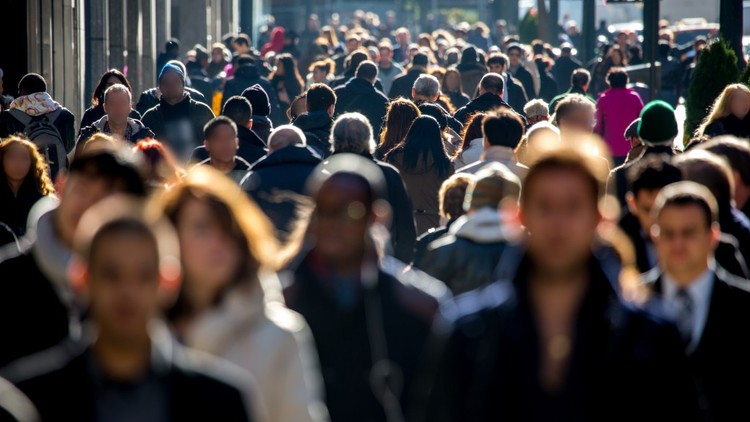
Migrants and locals are two sides of a coin—a journey of collaborative adaptation
What you will learn
We all immigrants need to be aware of cultural differences and sensitives. It is essential to gel with the new environment.
Critical things to remember in adaptation process.
Phases of their new journey.
Immigrants who want to succeed in new country or organisations who are working or sending foreign workforce around the world, how they can operate optimally.
Description
Who do we call migrants? It may be you or me, moving from one place to another to improve our lives. It can be inter country, intra country or even rural to urban. Statistically, the maximum number of human migrations across the world happened in the last decade—and it is increasing every day.
Migrants’ Two Challenges. When you come to your chosen new land it comes down to two major things:
- Initial settlement needs when you first arrive
- Ongoing challenges in relationships, roles in the community and belonging.
We all struggle during this process from fear of uncertainty, culture shock, change in perception, value system and style of communication. As human beings are the heart and soul of any business, understanding different perspectives and behaviour are crucial in reaping the optimum outcome. Migration—wherever it happens, it always brings socio economic growth and in today’s hyper connected mobile world is truly a relevant topic.
Today human movement is a regular phenomenon. New migrants becoming citizens of the new land settling down, taking up jobs and voting in elections. They contribute to bridging skills gaps and bring energy and innovation; host countries are getting enriched by cultural diversity, facilitating growth in tourism, contributing to new ideas helping to grow international trade. Ultimately culture does not mean any individual or collective.
Think like a migrant – use your practice of adaption to strive for success
Act like a local – collaborate, socialise and adapt to the ways of your new homeland
Content